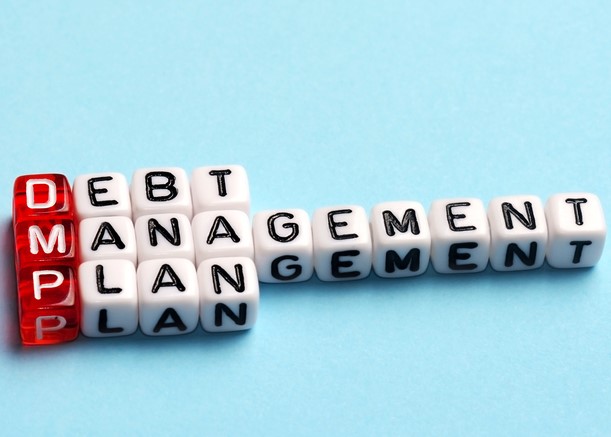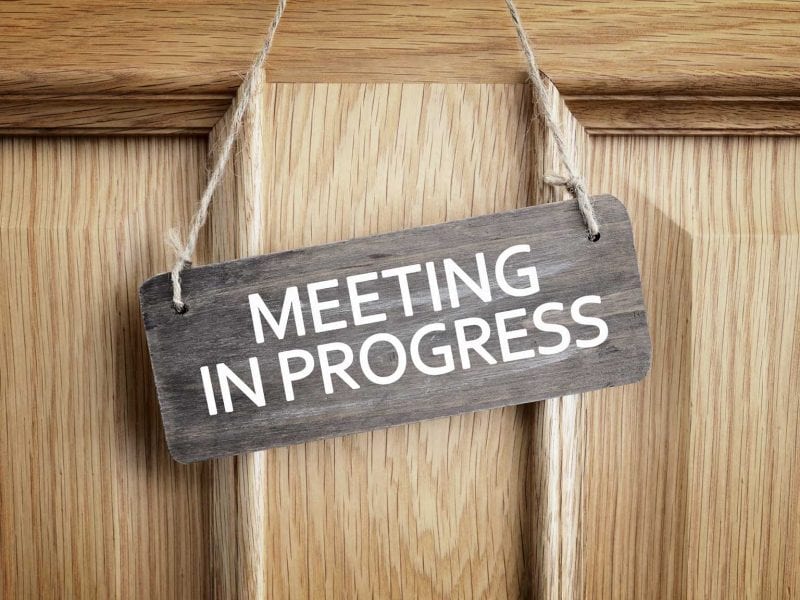Posts by admin
Tips for creditors in a company voluntary arrangement
You must respond quickly if you’ve become a creditor in an insolvency procedure such as a company voluntary arrangement (CVA). A CVA is a formal contract between an insolvent company and its creditors. The agreement allows a company to continue trading while repaying creditors, usually over 3 to 5 years. You’ll find financial information and a…
Read MoreBenefits of a CVA for directors and business owners
A company voluntary arrangement (CVA) offers many benefits if you have a profitable company that’s been devastated by the Covid-19 pandemic. A CVA is a contract that allows an insolvent company to continue trading while repaying creditors over time. The procedure is great for a company that requires substantial debt to be excused so trade and cash…
Read MoreTips for creditors in administration
Many business owners and directors will return after lockdown to discover they’ve become creditors in a statutory insolvency procedure, most likely administration. This is because administration is an attractive solution for business owners looking to avoid incurring further debts with suppliers following Covid-19. The procedure is a rescue mechanism for asset-rich but insolvent companies and…
Read MoreBenefits of a pre pack administration
Expect an increase in pre-pack administrations over the next 6 months as panic-stricken company directors consider their restructuring options post lockdown. Depending on the circumstances, a pre-pack administration can offer huge benefits to the director of a profitable, but insolvent company. The procedure is a useful restructuring mechanism that helps business owners place insolvent companies…
Read MoreUnderstanding your insolvency practitioner (IP)
When attempting to restructure or liquidate a company you will need a strategy designed for your specific requirements and circumstance. Lawyers are expensive and a licensed insolvency practitioner (IP) may not be able to provide you with impartial advice. In these situations, it’s always best to seek the support and guidance of an independent professional…
Read MoreHow to make the most of creditors’ meetings
Most creditors assume they’ve lost all their money when a customer enters a formal insolvency procedure. That’s because few creditors understand how much they can influence an insolvency procedure by actively engaging at Creditors’ Meetings. Creditors’ Meetings usually take place between 1 and 10 weeks after a company declares insolvency. At this meeting, creditors are:…
Read More




